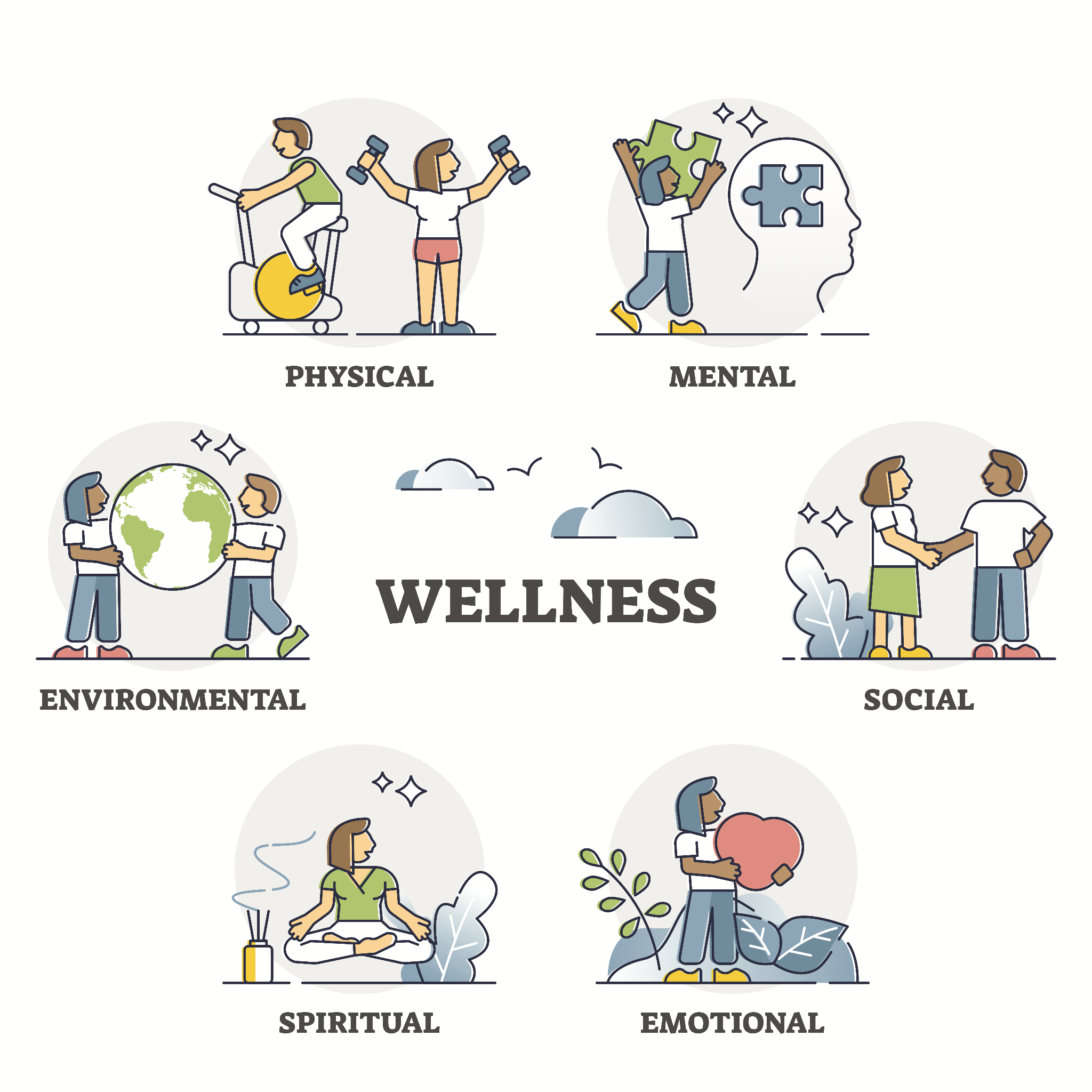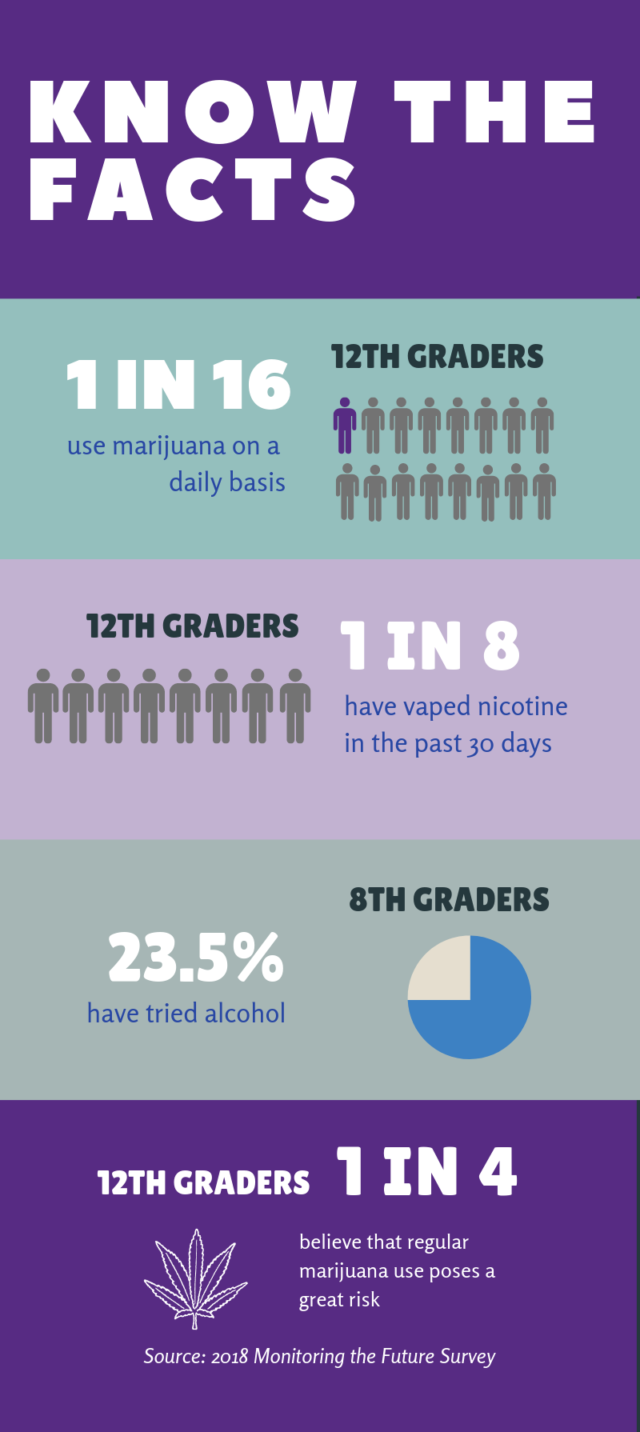Explore the methods available in modern addiction treatment centers
Wiki Article
A Comprehensive Overview to Substance Abuse Rehab
Substance Abuse rehabilitation, usually described as rehabilitation, is a structured process developed to assist people overcome dependence on drugs, alcohol, or other addictive compounds. It is not simply about cleansing-- it is a journey of mental, psychological, and physical transformation. Rehab facilities supply risk-free atmospheres where people can confront the source of their addiction, address emotional triggers, and learn dealing mechanisms to endure long-lasting soberness. This process is led by qualified professionals, including specialists, medical doctors, and therapists that understand the complicated nature of addiction as both a physiological and behavior problem.Recognizing the Core of Substance Abuse Abuse Rehabilitation
At its core, rehab is regarding rebuilding an individual's life. Dependency often leaves deep marks-- strained connections, economic distress, illness, and mental illness. Through detailed rehab programs, people are offered the tools to repair these elements slowly. Rehabilitation isn't just concerning staying away from materials; it's regarding recovering control and rediscovering one's sense of self-worth. The programs emphasize structure, uniformity, and personal liability, which are key to long-term recovery success. Every small milestone throughout rehab serves as a structure for lasting sobriety.Substance Abuse Abuse recovery is not a one-size-fits-all method. It identifies that everyone's addiction story is distinct-- what resulted in Substance Abuse abuse, just how it progressed, and how healing can be continual differ widely. Therapy centers customize treatment plans based on private evaluations, guaranteeing that every client receives assistance that aligns with their mental state, addiction history, and life conditions. This personalized method substantially boosts recuperation end results and aids prevent regression as soon as people reintegrate right into everyday life.
The Advantages of Inpatient Rehabilitation Programs
Inpatient rehab, also called domestic treatment, provides among the most reliable techniques for those battling serious Substance Abuse addiction. One of its primary benefits is the organized and distraction-free atmosphere. When a person enters an inpatient center, they are briefly gotten rid of from external triggers-- such as good friends who make use of compounds, stressful work environments, or family conflicts-- that could impede their recuperation. This seclusion from negative impacts enables people to concentrate entirely on healing. Living within a supportive and monitored setting develops the stability required to break old routines and develop much healthier patterns of behavior.Another major advantage of inpatient rehabilitation is the 24/7 professional supervision readily available per person. Withdrawal signs from medications or alcohol can be unpredictable and, in many cases, life-threatening. Inpatient centers have medical teams that provide continuous treatment, making sure people are safe and comfortable throughout detoxification. Past physical wellness, constant guidance additionally uses emotional reassurance-- individuals understand that help is offered any time, which decreases anxiety and constructs depend on in the recovery procedure. This immediate accessibility to psychological and clinical assistance dramatically enhances the success price compared to outpatient look after serious addictions.
Lastly, inpatient rehab programs cultivate a strong feeling of community and liability. Individuals interact with others that share comparable struggles, join team therapy, and participate in activities that motivate synergy and empathy. This atmosphere supports good understanding and minimizes feelings of seclusion frequently connected with dependency. By connecting with peers and gaining from their experiences, people develop social bonds that remain to sustain them also after leaving the facility. This sense of belonging, integrated with regular professional assistance, makes inpatient rehab a very reliable foundation for sustainable healing.
Inpatient Rehabilitation Providers Supplied
Inpatient recovery centers use a varied variety of services developed to deal with the body, mind, and spirit all at once. The first stage generally includes medical detoxing, a procedure that securely gets rid of materials from the body while managing withdrawal signs. Detox is overseen by doctor who may administer medication to relieve discomfort and avoid problems. When detox is complete, patients transition to organized day-to-day programs that consist of wellness, therapy, and therapy tasks. This incorporated approach ensures that people not only overcome physical dependancy however also address emotional and psychological facets of addiction.Therapeutic solutions are at the heart of inpatient rehabilitation. Facilities deal person therapy sessions, where people work individually with accredited therapists to discover the underlying reasons for their dependency-- such as injury, mental wellness conditions, or unsolved emotional discomfort. Cognitive-behavioral therapy (CBT), dialectical behavior modification (DBT), and motivational talking to are among one of the most usual evidence-based approaches used. In enhancement, team therapy sessions supply a supportive area for people to share experiences, gain point of view, and create interpersonal abilities. Household treatment is also regularly consisted of, assisting to restore trust and boost communication in between patients and their liked ones.
Past traditional therapy, lots of inpatient programs consist of leisure and alternative solutions to promote general wellness - addiction treatment. Yoga exercise, meditation, art treatment, and fitness programs help in reducing stress and anxiety and educate mindfulness. Nutritional counseling guarantees that people rebuild physical health and wellness, as Substance Abuse commonly diminishes the body's essential nutrients. Some rehab centers even provide vocational training and instructional workshops to help clients get ready for reintegration into society. These diverse services are designed to heal the entire person-- not just treat dependency signs and symptoms-- by fostering function, durability, and balance
Why You Should Take Into Consideration Outpatient Programs
While inpatient rehabilitation supplies a extensive and immersive method, outpatient programs offer an alternative that allows adaptability for people who can not commit to permanent household therapy. Outpatient rehab enables people to receive organized treatment and medical assistance while keeping their everyday responsibilities-- such as family members, institution, or work treatment. For many people with moderate to moderate dependency, outpatient therapy offers the excellent balance in between healing and everyday life. It enables individuals to practice the coping abilities they learn in real-world settings, enhancing their strength when faced with daily obstacles.Another reason to think about outpatient programs is their cost-effectiveness. Inpatient care can be pricey as a result of holiday accommodation, meals, and 24-hour guidance, which might not be economically viable for everybody. Outpatient programs, nonetheless, usually cost less since they do not require property keeps. Numerous centers offer sliding-scale settlement choices or accept insurance to make treatment obtainable. For those who have currently finished inpatient rehab, transitioning into an outpatient program acts as a valuable continuum of care, assisting keep accountability and avoid regression through ongoing support.
Furthermore, outpatient programs supply a high degree of personalization. Individuals can pick between partial a hospital stay programs (PHP), intensive outpatient programs (IOP), or conventional outpatient treatment, relying on their degree of demand. Each option offers varying degrees of structure and time commitment. IOPs typically involve several therapy sessions per week, while basic outpatient care might include once a week therapy brows through. This adaptability makes certain that people can get expert help tailored to their recovery phase, making outpatient programs a functional and encouraging option for lasting recovery upkeep.

Discovering Various Other Therapy Choices in Substance Abuse Abuse Recovery
Beyond inpatient and outpatient rehabilitation, there are a number of various other treatment choices offered for people seeking recuperation from Substance Abuse dependency (rehab near Chester NJ). Medication-assisted treatment (FLOOR COVERING) is one such method, integrating prescribed drugs with behavioral therapy to manage withdrawal signs and reduce desires. Medications like buprenorphine, methadone, or naltrexone are often utilized in opioid addiction therapy, while acamprosate or disulfiram may sustain alcohol healing. MAT assists maintain mind chemistry, enabling people to concentrate on treatment and way of living adjustments without the overwhelming pain of withdrawal
Different therapies are additionally becoming increasingly prominent basically Abuse therapy. These might consist of all natural practices like acupuncture, horse therapy, adventure-based counseling, and spiritual recovery programs. While these techniques may not change traditional therapy, they can enhance it by boosting psychological law, self-awareness, and confidence. The objective of discovering different therapy choices is to develop a healing strategy that resonates with each individual's values, ideas, and way of living. A customized combination of therapies frequently yields one of the most sustainable outcomes, equipping people to live a meeting, substance-free life.
The Course to Long-Term Soberness and Healing
Completing rehabilitation-- whether inpatient or outpatient-- is only the start of a long-lasting recovery journey. Aftercare programs play a critical role in maintaining soberness and avoiding relapse. These programs may include continuous therapy, support groups like Narcotics Anonymous or Twelve Step Programs, and sober living arrangements that give continued structure. Consistency and area are vital; individuals who remain connected to healing networks are more probable to sustain long-lasting progression. Rehabilitation teaches the required coping abilities, yet aftercare ensures that those skills are used and enhanced in real-life scenarios.Long-term recovery likewise depends upon way of living adjustments that support physical and mental well-being. Establishing healthy practices-- such as routine exercise, balanced nutrition, and mindfulness methods-- assists bring back balance to the body and mind. Taking part in purposeful activities like volunteering, pursuing hobbies, or reconnecting with liked ones can fill up the emotional space left by Substance Abuse use. Focusing and developing a positive mindset on future goals give recovering individuals a restored feeling of identity and direction. Soberness is not about starvation; it has to do with reclaiming life's splendor and possibilities.

With comprehensive rehabilitation programs, people are offered the devices to fix these elements slowly. Inpatient rehab programs promote a solid feeling of area and liability. While inpatient rehabilitation provides a intensive visit this page and immersive technique, outpatient programs supply an option that allows adaptability for individuals who can not commit to full time domestic treatment. Outpatient rehabilitation allows individuals to get structured treatment and medical assistance while preserving their daily duties-- such as family, job, or school care. Past inpatient and outpatient rehabilitation, there are a number of other treatment alternatives offered for people seeking recuperation from Substance Abuse addiction.
Report this wiki page